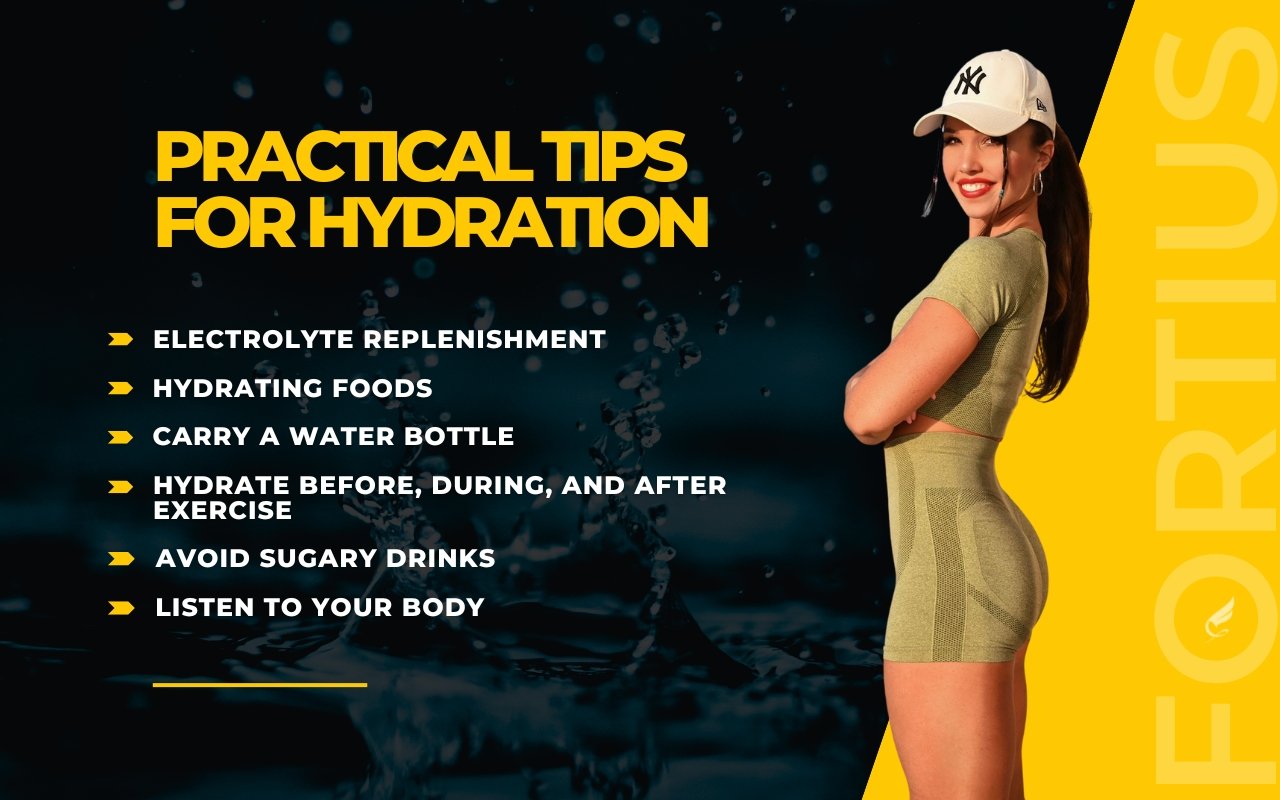How Much Water Do You REALLY Need in Dubai? The Truth Behind Hydration
Are you constantly chugging water like you're trying to win a camel-drinking contest? Let's dial it back a bit! In Dubai's scorching climate, staying hydrated is crucial, but how much water do you REALLY need? We're here to debunk hydration myths and provide personalized guidance to keep you feeling your best.
The Crucial Role of Hydration: More Than Just Quenching Thirst
Water plays a crucial role in maintaining overall health. It's essential for regulating body temperature, transporting essential nutrients, and supporting brain function. In hot climates like Dubai, proper hydration is paramount. Dehydration, one of the most common causes of fatigue and decreased performance, can lead to serious health issues if left unchecked.
Regulating Body Temperature: In hot weather, especially during intense physical activity, our body loses fluids through sweat. Drinking water helps regulate body temperature, preventing heat exhaustion and heatstroke.
Nutrient Absorption: Water is essential for nutrient absorption. It helps your body absorb nutrients from food, ensuring that your brain cells and other tissues receive the minerals directly they need.
Kidney Function: Adequate hydration helps prevent kidney stones and urinary tract infections.
Skin Health: Staying properly hydrated keeps your skin healthy and prevents dehydrated skin.
Brain Function: Even mild dehydration can lead to brain fog and decreased cognitive function.
Debunking the "Eight Glasses a Day" Myth and Understanding Individual Water Needs
The "eight glasses of water" rule is a general guideline, not a one-size-fits-all solution. Individual water needs vary depending on factors like body weight, physical activity, and climate. In Dubai, with its high heat exposure and excessive sweating, more fluids are often necessary.
World Health Organisation: While guidelines vary, the World Health Organisation emphasizes the importance of listening to your body's signals.
Body's Signals: Pay attention to your body's signals. If you feel thirsty, drink water. Dark urine is a clear indicator of dehydration.
Fluid Loss: During exercise, you lose fluids through sweat. Weighing yourself before and after exercise can help you determine how much fluid you've lost.
Personalized Hydration Guidance and Practical Tips
Instead of relying solely on glasses of water, consider these strategies:
Calculate Your Needs: A general guideline is to consume 0.5-1 ounce of water per pound of body weight (30-60ml of water per kg of body weight).
Water-Rich Foods: Incorporate fruits and veggies with a high water content, such as watermelon, cucumbers, and oranges.
Reusable Water Bottle: Carry a reusable water bottle throughout the day to ensure easy access to fluids.
Throughout the Day: Spread your water intake throughout the day, rather than chugging large amounts at once.
Morning Coffee: While morning coffee can have a mild diuretic effect, it can also contribute to your overall fluid intake. Just ensure you drink enough water throughout the day.
Other Fluids: Consider other fluids like unsweetened tea, fruit juices (in moderation), and infused water.
Dubai-Specific Hydration Strategies
Electrolyte Replenishment: In Dubai's heat, you lose electrolytes through sweat. Consider electrolyte drinks or adding a pinch of sea salt to your water.
Hydrating Foods: Incorporate water-rich fruits and vegetables, such as watermelon, cucumbers, and oranges.
Carry a Water Bottle: Make it a habit to carry a reusable water bottle throughout the day.
Hydrate Before, During, and After Exercise: Plan your hydration strategy around your workouts.
Avoid Sugary Drinks: Opt for water, unsweetened tea, or infused water instead of sugary beverages.
Listen to Your Body: Pay attention to your body's signals and adjust your water intake accordingly.
Client Anecdote:
"I had a client, Ahmed, who was struggling with fatigue during his afternoon workouts. He was drinking water, but not enough to compensate for the fluid loss in Dubai's heat. We implemented a hydration plan that included electrolyte drinks after his workouts and increased his water intake throughout the day. Within a week, he noticed a significant improvement in his energy levels and workout performance." - Fortius Dubai Personal Trainer Dina
Dangers of Dehydration and Overhydration: Extreme Cases
Dehydration: Can lead to fatigue, headaches, dizziness, heatstroke, and in extreme cases, life-threatening conditions.
Overhydration: Can lead to hyponatremia, a condition caused by low sodium levels in the blood, which can also be life-threatening in rare cases.
Staying properly hydrated in Dubai is essential for maintaining general health and well-being. By understanding your individual water needs, listening to your body's signals, and implementing practical strategies, you can stay properly hydrated and thrive in the desert climate.
Ready to optimize your hydration strategy and enhance your fitness journey? Schedule a consultation with our experts at Fortius Dubai and receive personalized guidance on nutrition, exercise, and overall health. Advanced treatments and personalized plans are available.







